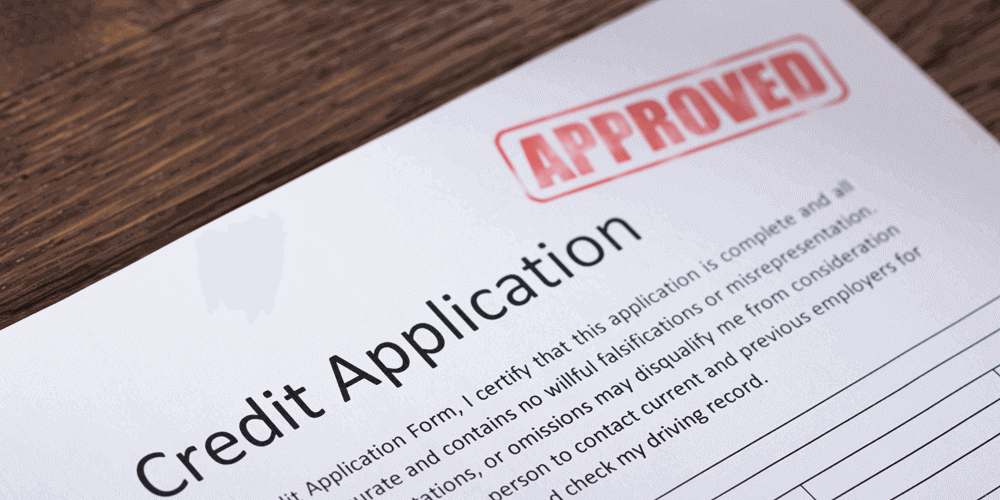What Are First-Time Homebuyer Loans?


Highlights:
- First-time home buyer loans are available to borrowers who have never purchased a primary residence. They may also be available to borrowers who meet certain other requirements.
- Loans that commonly appeal to first-time homebuyers include government-backed FHA, VA and USDA loans, as well as down payment assistance programs.
- Even without qualifying for government-backed loans or other special assistance, first-time homebuyers can still take action to secure an affordable mortgage with good terms.
Purchasing your first home can be a costly, nerve-wracking process. Luckily, inexperienced buyers can consider a variety of affordable loans. These loans are often more accessible to first-time buyers than you might think. They may also be a good option for:
- Single parents who previously only owned a home with a former spouse.
- Individuals who have previously owned a residence unfixed to a permanent foundation, such as a mobile or manufactured home.
- Individuals who owned a property that was not up to building codes and could not be brought to code for less than the amount it would cost to build a new permanent structure.
You may also qualify for special loans, grants or other benefits if you’re a low- or middle- income buyer, if you’re a current or former military service member or if you’re looking to buy in certain geographic locations.
The specific criteria that homebuyers must meet will vary from lender to lender. So be sure to review your options carefully.
Types of loans for first-time homebuyers
There are many types of loans suitable for first-time homebuyers, though down payment requirements and other terms vary. Many options even offer financial assistance.
Conventional mortgage loans
The term “conventional mortgage” refers to any mortgage loan that isn’t insured by the U.S. government or other organizations. This means that if the borrower defaults on the loan, the lender will find themselves at a loss for the balance on the mortgage.
Conventional loans often offer lower interest rates and better overall terms than other types of financing. However, these benefits come at a cost: Because conventional loans pose a higher risk to lenders, they are often more difficult to qualify for and have stricter credit requirements than other options. It’s not impossible for a first-time homebuyer to qualify for a conventional mortgage, but government-backed loans will likely be more accessible.
FHA loans
If your credit score is under 620, you may have difficulty securing a conventional mortgage. That’s where government-backed loans come in. For example, FHA loans are backed by the Federal Housing Administration. Because your lender has protection in the event you’re unable to pay back what you owe, FHA loans come with more lenient credit requirements than many conventional loans.
FHA loans typically require a credit score of at least 580 for approval, provided you can commit to a 3.5% down payment. However, if you can afford a 10% down payment, you may qualify for an FHA mortgage with a credit score as low as 500.
The downside to this accessibility is that FHA loans require borrowers to pay for private mortgage insurance (PMI). PMI premiums help to reimburse the lender if the borrower defaults on their loan. PMI is usually paid throughout the life of the loan and will be calculated as a certain percentage of your base loan amount.
VA loans
The U.S. Department of Veterans Affairs (VA) provides access to loans for first-time homebuyers and others who are active-duty military service members, veterans and surviving spouses.
With this type of loan, the VA partially guarantees mortgages from a private lender. This means borrowers receive loans with better interest rates, lower closing costs, more favorable terms and — in many cases — no down payment. VA loans are also generally exempt from costly PMI. The primary downside to these loans is that eligibility is limited to borrowers with a connection to the military.
USDA loans
The U.S. Department of Agriculture (USDA) offers special loans for low- and middle- income rural homebuyers through its Rural Development program.
If you have a moderate income, you may qualify for the USDA’s Single Family Housing Guaranteed Loan Program. Because this type of loan is provided by an approved private lender but backed by the government, borrowers typically receive more favorable terms. If you’re a low-income borrower, you may qualify for a low-cost loan directly from the USDA, including temporary mortgage payment assistance. Income eligibility for both programs varies by state.
USDA loans are only available to homebuyers looking to purchase a residence in select rural areas. You can refer to the USDA’s eligibility map for more information about qualifying locations.
Down payment assistance (DPA)
Saving for a down payment can be prohibitively expensive for many first-time homebuyers. State and local housing agencies offer a variety of DPA programs to help relieve this burden for first-time homebuyers.
DPA programs come with varying terms, but they generally help by covering all or most of your down payment and closing costs. Some, like DPA second mortgages, are repaid over time. Others, including 0% interest deferred-payment loans, must be repaid only if you refinance your mortgage or sell your home. Some programs may even offer no-strings-attached DPA grants.
Qualifications vary by location, So check with your local housing agency to see if you meet their requirements for assistance.
How to find the best loans if you are a first-time homebuyer
Even if you don’t qualify for DPA or other special assistance, you can still take action to secure an affordable mortgage with favorable terms.
- Stay within your price range. Set a budget based on your income and stick to it during your home search. Don’t be afraid to scale down what you’re looking for, especially if you’re worried about an expensive mortgage.
- Reduce your debt-to-income (DTI) ratio. Your DTI represents the total amount of debt payments you owe every month divided by your gross monthly income. This ratio is often referenced by lenders as a measure of your ability to repay a loan. Lenders typically offer mortgages with the best terms and lowest interest rates to borrowers with DTIs of 36% or lower. To improve your DTI, you’ll need to either pay down your debt or increase your monthly income.
- Save for a larger down payment. Many mortgages require a down payment of at least 20% of the home's sale price. If you have high credit scores, you may have some flexibility in how much you need to pay upfront. However, lenders may require PMI if your down payment is less than 20%, working to hit that mark can be one way to lower your overall costs.
- Keep an eye on your credit reports and scores. Lenders review your credit scores as one factor when evaluating your mortgage application, as well as to set your interest rate and other loan terms. Your credit scores and other factors, such as your income, can also affect the amount of money you qualify for.

Sign up for a credit monitoring & ID theft protection product today!
For $19.95 per month, you can know where you stand with access to your 3-bureau credit report. Sign up for Equifax CompleteTM Premier today!



